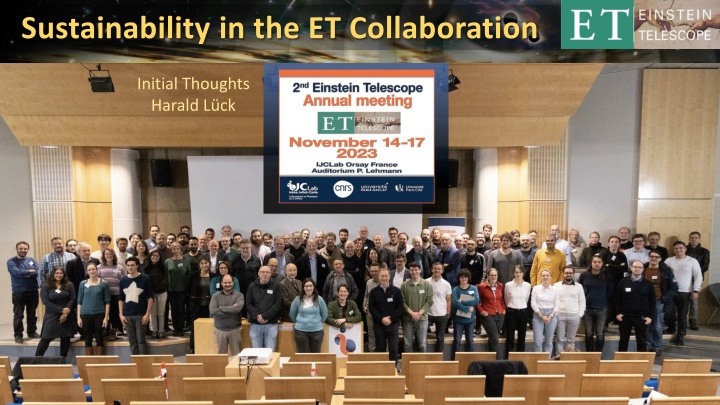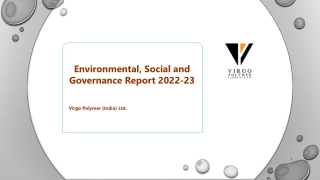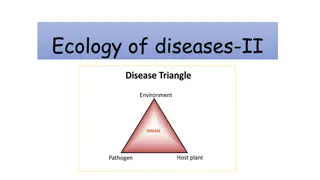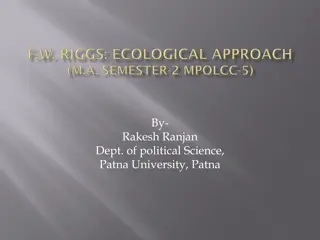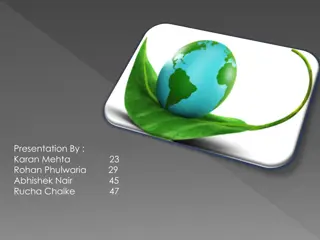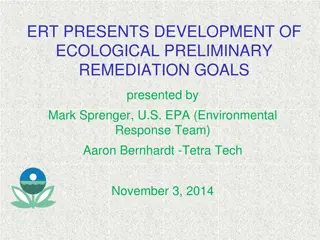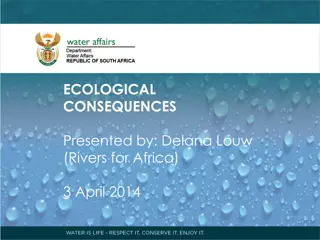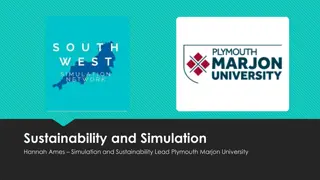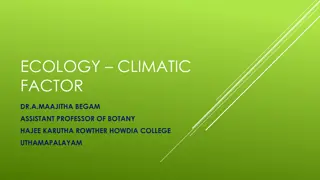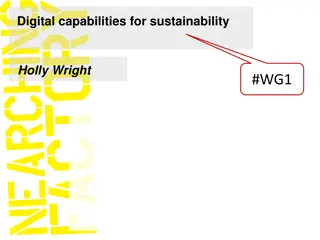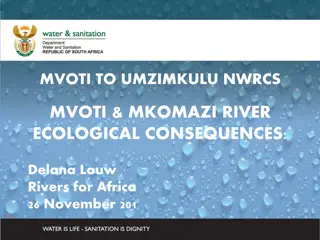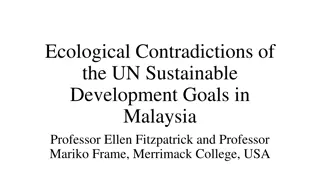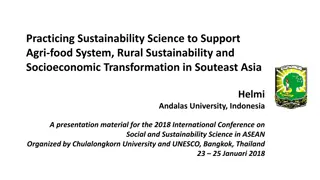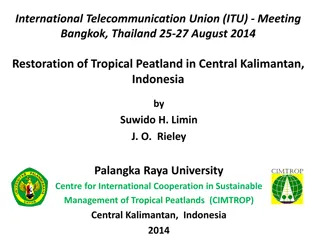Sustainability Challenges in ET Collaboration: Addressing Ecological and Non-Ecological Aspects
The ET Collaboration is realizing the importance of sustainability, encompassing ecological and non-ecological aspects. Issues include balancing energy consumption and hardware longevity, remote access possibilities, funding sustainability, social partnerships, and designing instruments with sustainability in mind. Integrating sustainability poses challenges due to funding constraints and the need for additional resources.
Download Presentation

Please find below an Image/Link to download the presentation.
The content on the website is provided AS IS for your information and personal use only. It may not be sold, licensed, or shared on other websites without obtaining consent from the author.If you encounter any issues during the download, it is possible that the publisher has removed the file from their server.
You are allowed to download the files provided on this website for personal or commercial use, subject to the condition that they are used lawfully. All files are the property of their respective owners.
The content on the website is provided AS IS for your information and personal use only. It may not be sold, licensed, or shared on other websites without obtaining consent from the author.
E N D
Presentation Transcript
Sustainability in the ET Collaboration Initial Thoughts 2nd ET Annual Meeting 2023 Harald L ck
Sustainability in the ET Collaboration So far, the ET Collaboration as such is fairly ignorant on sustainability. It requires education, but the topic of sustainability is wider than just the sustainability in the design of the instrument.
Sustainability Ecological Sustainability: Computing Collaboration will do most of the DA, which is computationally very expensive. Heavy Carbon footprint. Have to find the right balance between decreasing energy consumption and longevity of hardware. How much and where to balance science output vs. carbon footprint? Travelling to Meetings, own and other conferences To the site(s) Try to maximise remote access possibility for detchar and commissioning activities in the design of systems. To work A thought triggered by the discussion on food: how to strike the balance between sustainability and patronizing? Doesn't only apply for food. Where does it apply to Collaboration aspects?
Non-Ecological sustainability Sustainable Research: secure long term funding for the Collaboration Long term social evolution of the Collaboration. Sustainable supply of fresh scientists Knowledge sustainability (2G 3G gap?) Social Sustainability: long term partnerships with local suppliers (Rather a task for the legal entity later) R&D activities are concerned with the same sustainability aspects as the infrastructure. New instruments and devices should be designed with the sustainability of all aspects in mind as they need to be considered for the infrastructure. Biggest influence of the Collaboration on sustainability in terms of design choices is now!
Difficulties From today s perspective, sustainability is an add-on. Scientists are paid to do science. Requires additional resources. While in ETO such finances can finally be included in construction and operation costs, the Collaboration does not have such central resources.
